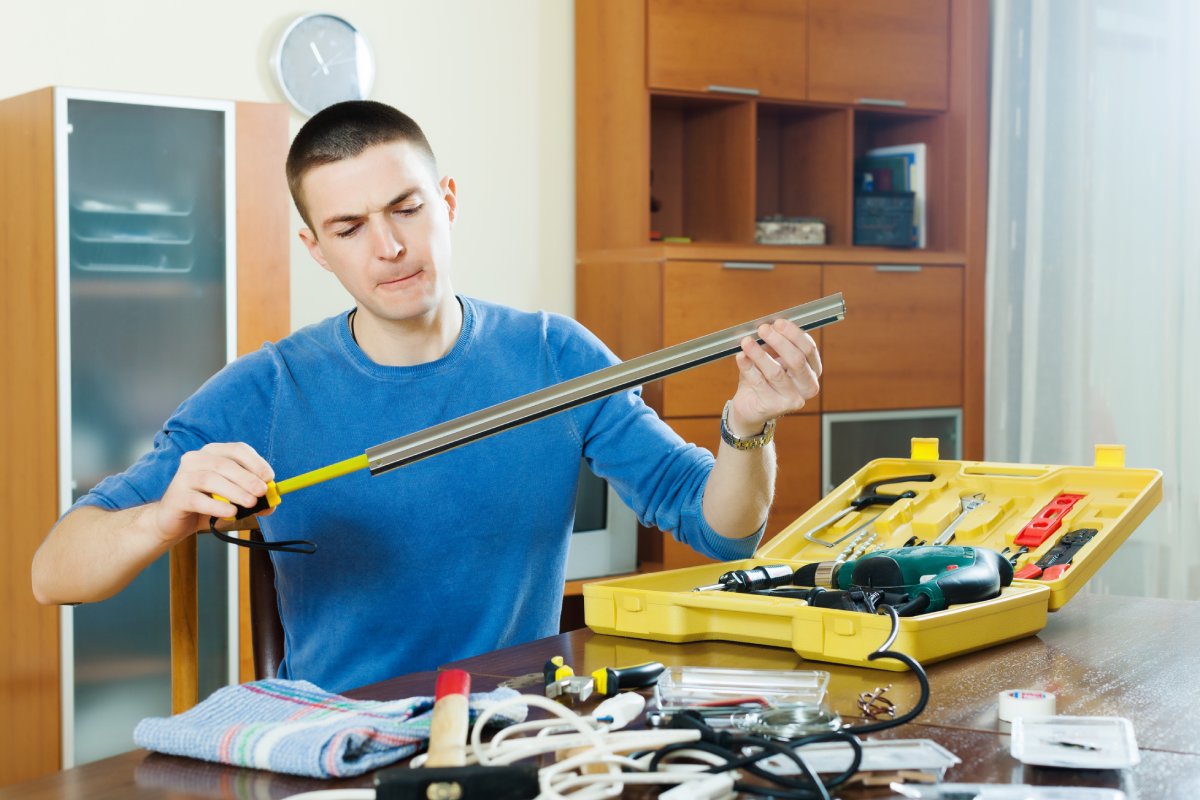Electricity is a vital part of our daily lives, powering our homes, businesses, and essential appliances. However, electrical emergencies can occur unexpectedly and pose serious risks, including fires, electrocution, and damage to electrical systems. Knowing how to handle an electrical emergency can mean the difference between a minor inconvenience and a life-threatening situation.
In this guide, we’ll walk you through the essential steps to take when faced with an electrical emergency, ensuring the safety of your home, family, and workplace.
Understanding Electrical Emergencies
An electrical emergency can take many forms, from power outages to electrical fires and exposed wires. Here are some common electrical emergencies you may encounter:
- Power Outage or Blackout: A complete loss of power in your home or neighborhood.
- Electrical Fire: A fire caused by faulty wiring, overloaded circuits, or electrical malfunctions.
- Electric Shock or Electrocution: Occurs when someone comes into direct contact with an electrical current.
- Sparking or Burning Outlets: Outlets or switches emitting sparks, smoke, or a burning smell.
- Downed Power Lines: A power line that has fallen due to storms, accidents, or other reasons.
- Electrical Surges or Flickering Lights: Sudden spikes in voltage that can damage appliances and electrical devices.
Now, let’s go over the step-by-step actions you should take in these situations.
Step-by-Step Actions for Different Electrical Emergencie
1. Power Outages or Blackouts
A power outage can be caused by a tripped breaker, a blown fuse, or issues with the local power grid. Here’s what you should do:
Check Your Circuit Breaker: If the outage is limited to your home, inspect your breaker panel for a tripped switch. Reset it if necessary.
Inspect for Blown Fuses: Older homes may have fuse boxes instead of breakers. Replace blown fuses carefully.
Look Outside: If the entire neighborhood is affected, it’s likely a grid issue. Contact your electricity provider for updates.
Unplug Appliances: Disconnect major appliances to prevent power surges when electricity is restored.
Use Backup Power Safely: If using a generator, keep it outside to prevent carbon monoxide poisoning.
2. Electrical Fires
Electrical fires can start suddenly and spread rapidly. If you notice flames, follow these steps:
DO NOT Use Water: Water conducts electricity and can make the fire worse.
Turn Off the Power: If safe to do so, switch off the main breaker to cut off electricity.
Use a Fire Extinguisher: Use a Class C fire extinguisher, which is designed for electrical fires.
Evacuate Immediately: If the fire grows out of control, evacuate the premises and call 911.
3. Electric Shock or Electrocution
An electric shock can cause burns, cardiac arrest, or serious injury. If someone is electrocuted:
DO NOT Touch Them: You could get shocked as well.
Shut Off the Power: If possible, turn off electricity at the main breaker.
Use a Non-Conductive Object: If the person is still in contact with electricity, use a wooden broom or rubber-handled object to push them away from the source.
Call Emergency Services: Dial 911 for immediate medical assistance.
Perform CPR if Necessary: If the person is not breathing, administer CPR until help arrives.
4. Sparking or Smoking Outlets
If you see sparks, smoke, or notice a burning smell from an outlet or appliance:
Unplug the Appliance: If safe to do so, unplug the device causing the issue.
Turn Off the Breaker: Shut off power to the affected circuit to prevent further damage.
Call an Electrician: Do not attempt DIY repairs; contact a licensed electrician for professional help.
Avoid Using the Outlet: Until inspected and repaired, avoid plugging anything into the faulty outlet.
5. Downed Power Lines
Downed power lines are extremely dangerous and should be avoided at all costs.
Stay at Least 30 Feet Away: Assume the wire is live and dangerous.
DO NOT Touch Anything Near It: Avoid trees, fences, and puddles that may be electrified.
Call Emergency Services: Report the fallen power line to 911 and your local utility company.
Warn Others: Prevent people or pets from going near the area.
6. Electrical Surges or Flickering Lights
Frequent surges or flickering lights may indicate an underlying issue:
Unplug Sensitive Electronics: This includes computers, TVs, and other valuable devices to prevent damage.
Check for Overloaded Circuits: Reduce the number of appliances plugged into a single outlet.
Install Surge Protectors: Consider whole-house surge protection for long-term safety.
Call an Electrician: Persistent surges or flickering lights could indicate faulty wiring or panel issues.
Preventing Electrical Emergencies
Taking preventive measures can reduce the likelihood of electrical emergencies:
Schedule Regular Inspections: Have a licensed electrician inspect your electrical system every few years.
Upgrade Outdated Wiring: If your home is over 30 years old, consider rewiring to meet modern safety standards.
Avoid Overloading Circuits: Use power strips and surge protectors properly to distribute electrical loads.
Test Smoke and Carbon Monoxide Detectors: Ensure they are functional and replace batteries regularly.
Educate Family Members: Teach children and adults about electrical safety, including not inserting objects into outlets.
When to Call a Professional Electrician
While some minor issues can be handled by homeowners, many electrical problems require a professional. Call an electrician if you experience:
Repeated circuit breaker trips
A burning smell from outlets or wiring
Persistent flickering lights
Buzzing or humming sounds from the breaker panel
Shocks when touching appliances or switches
Final Thoughts
Electrical emergencies can be dangerous, but knowing how to respond quickly and safely can prevent injuries, property damage, and even save lives. Always prioritize safety, turn off the power when necessary, and call professionals when dealing with serious electrical issues.
If you suspect that your electrical system is outdated or unsafe, consider scheduling an inspection with a licensed electrician. Prevention is key to avoiding emergencies and ensuring a safe, efficient electrical system in your home or business.
Stay safe and be prepared! Have you ever faced an electrical emergency? Share your experience in the comments below.4o
